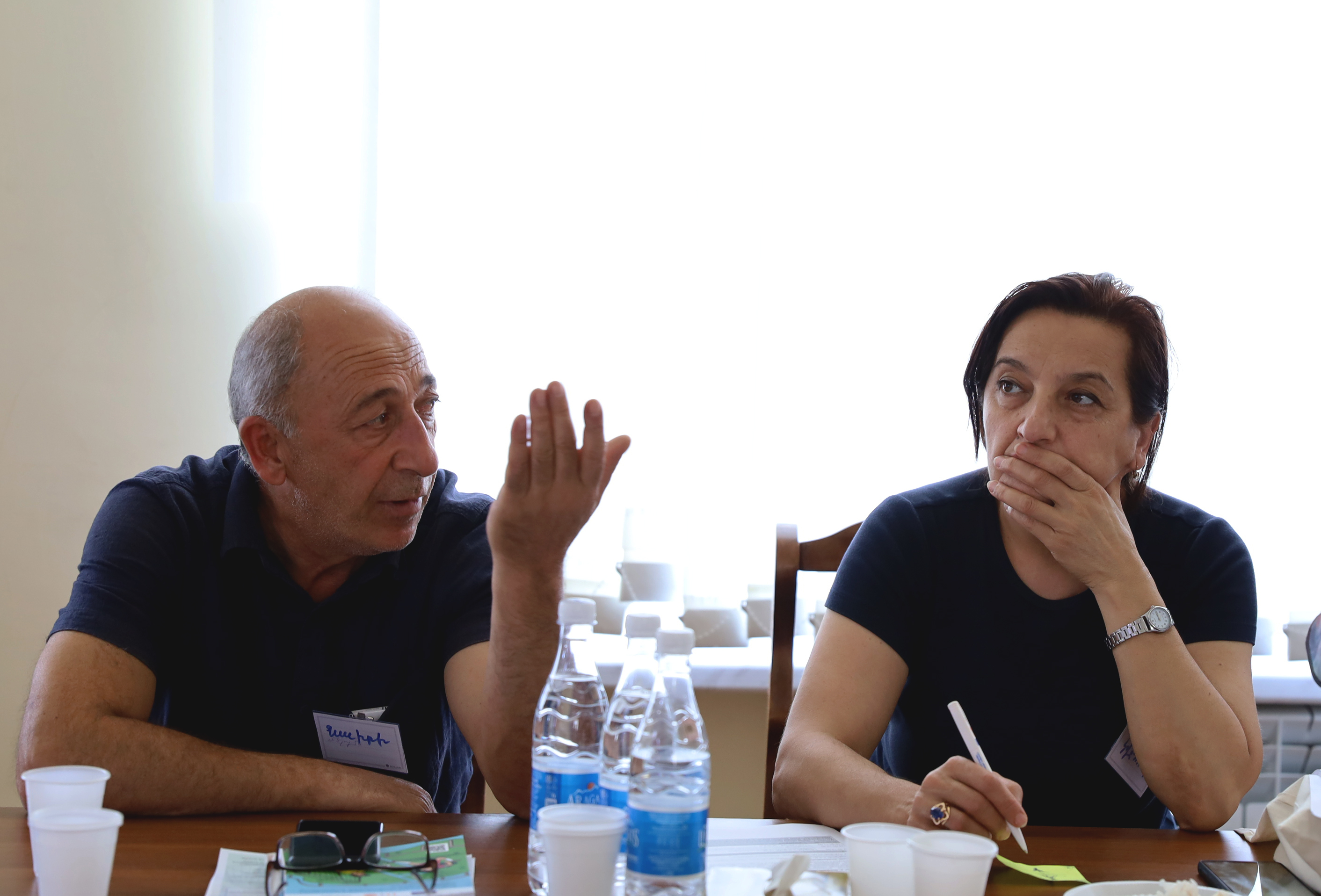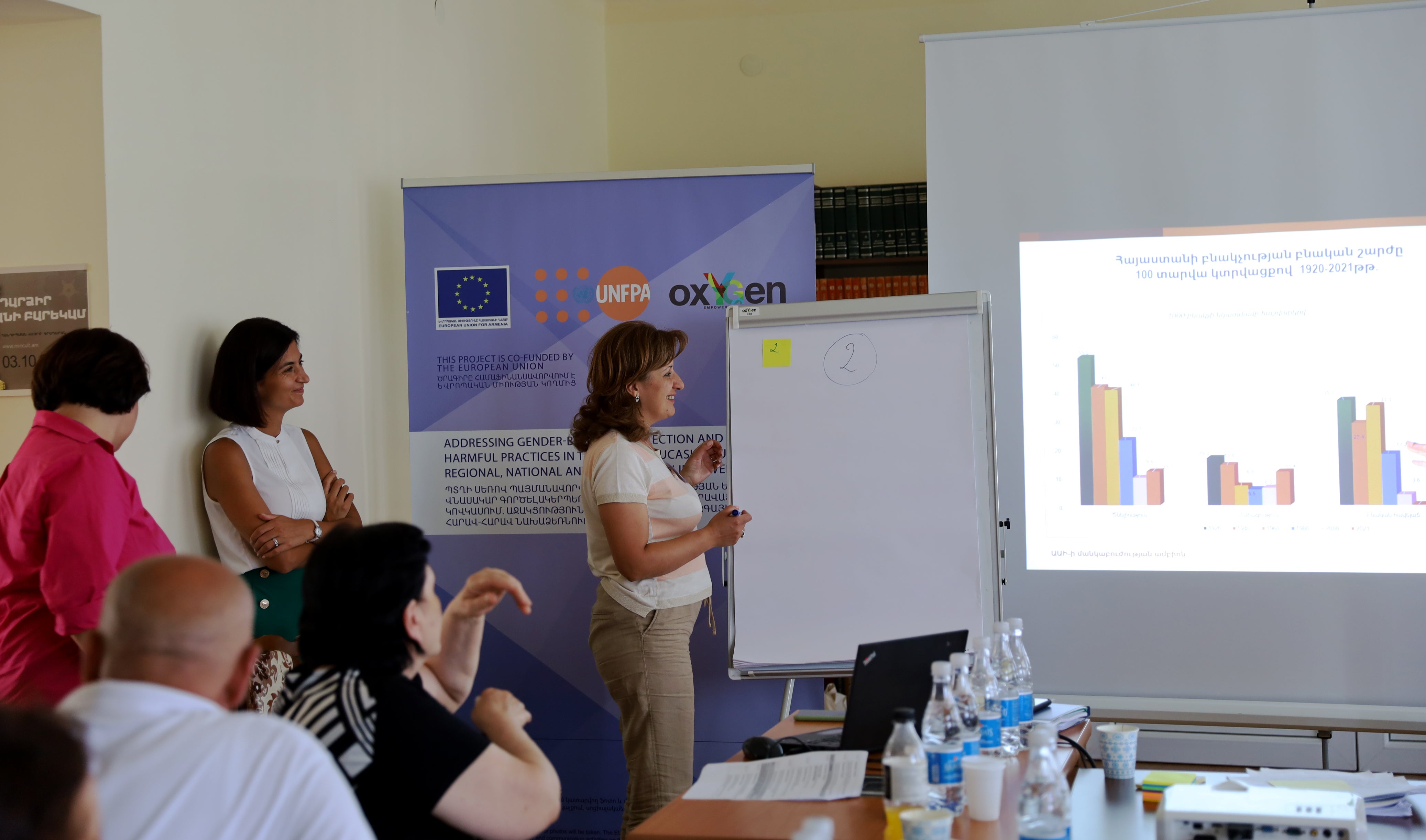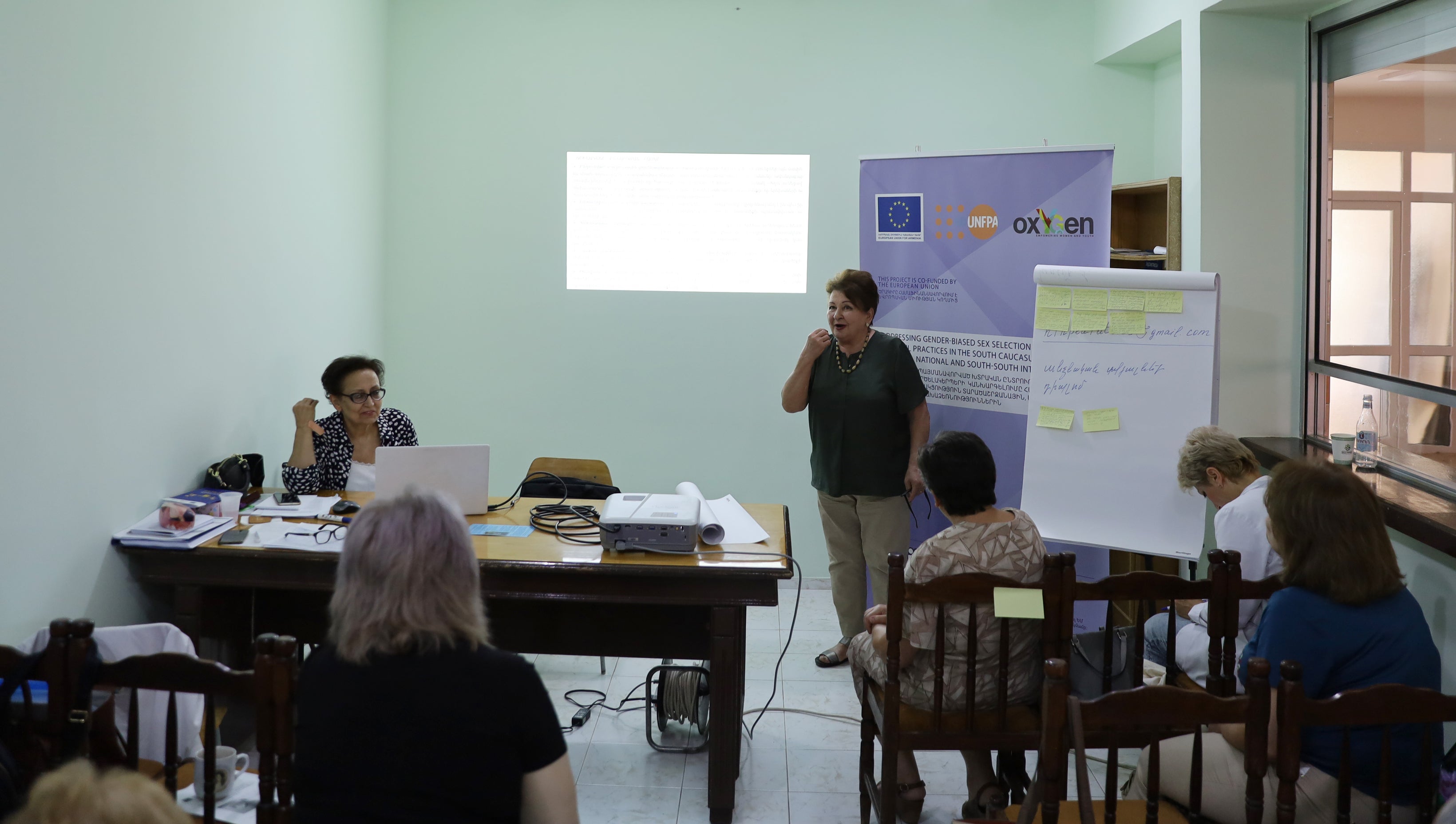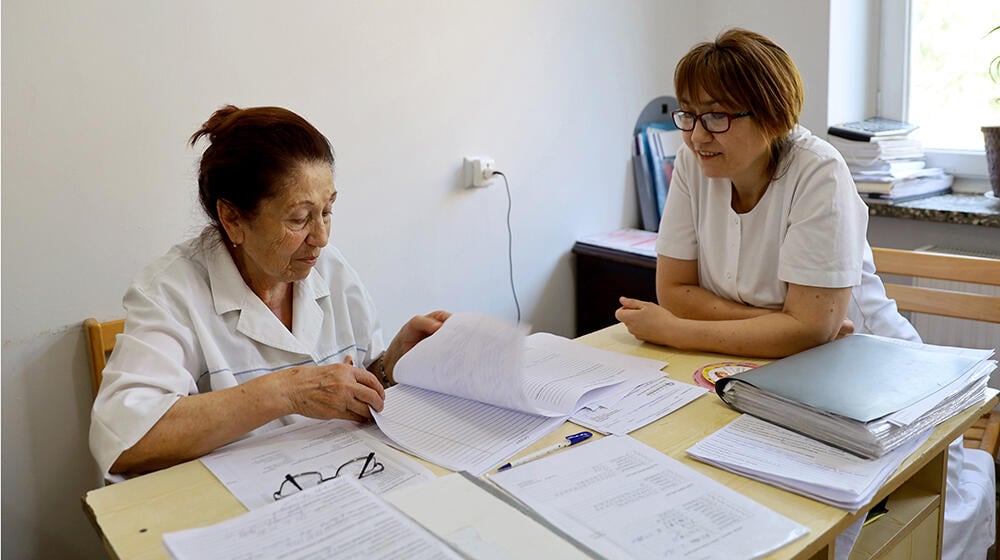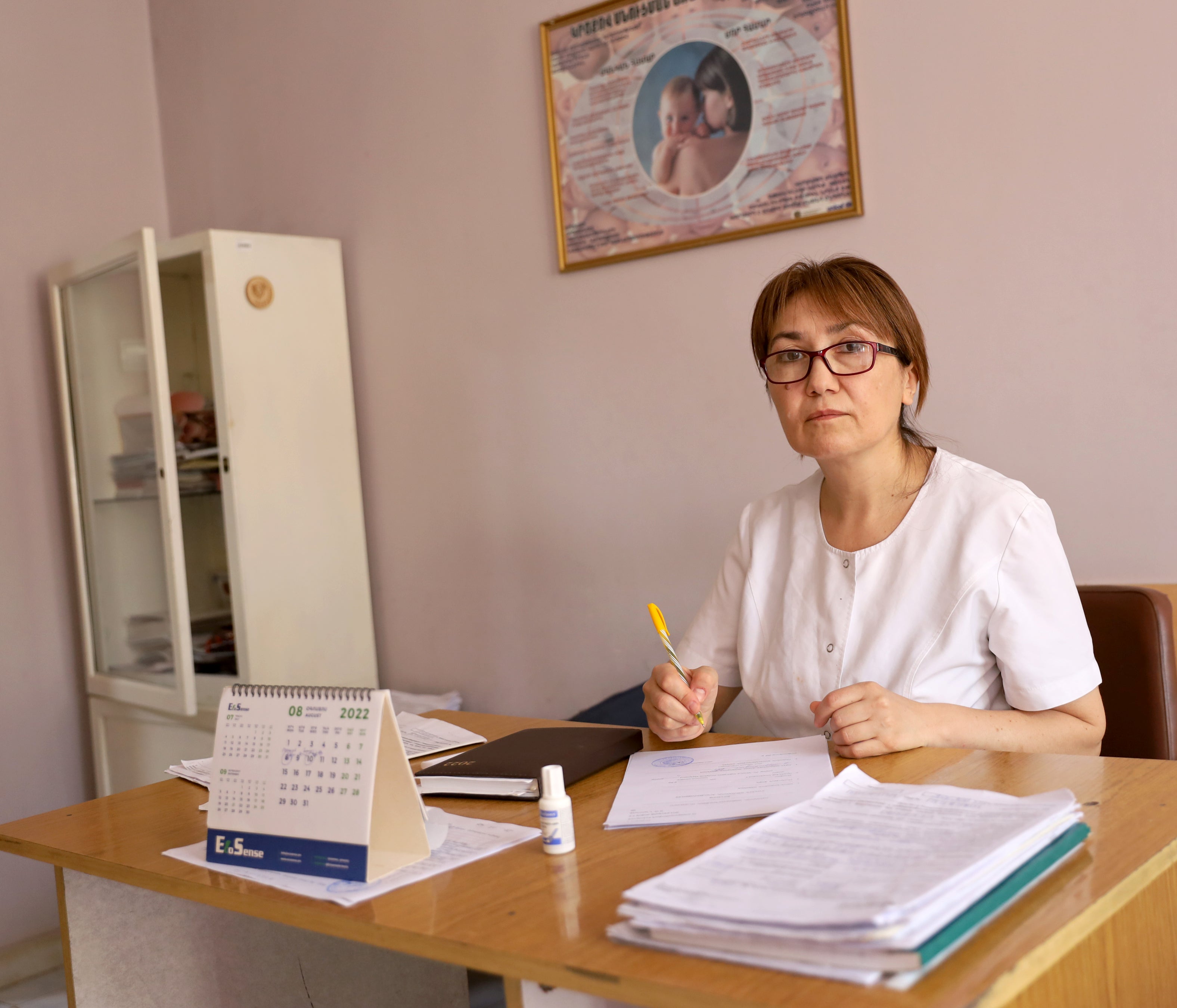
“The biggest motivation in our work, is when you are handling some difficult situation; for example, there is a high-risk pregnancy case and you are solving that problem. During those moments I think that maybe my destiny is “to make” this woman or child to live," says Liana Gevorgyan, who has been working in Gyumri maternity hospital for more than twenty years, as an obstetrician-gynecologist.
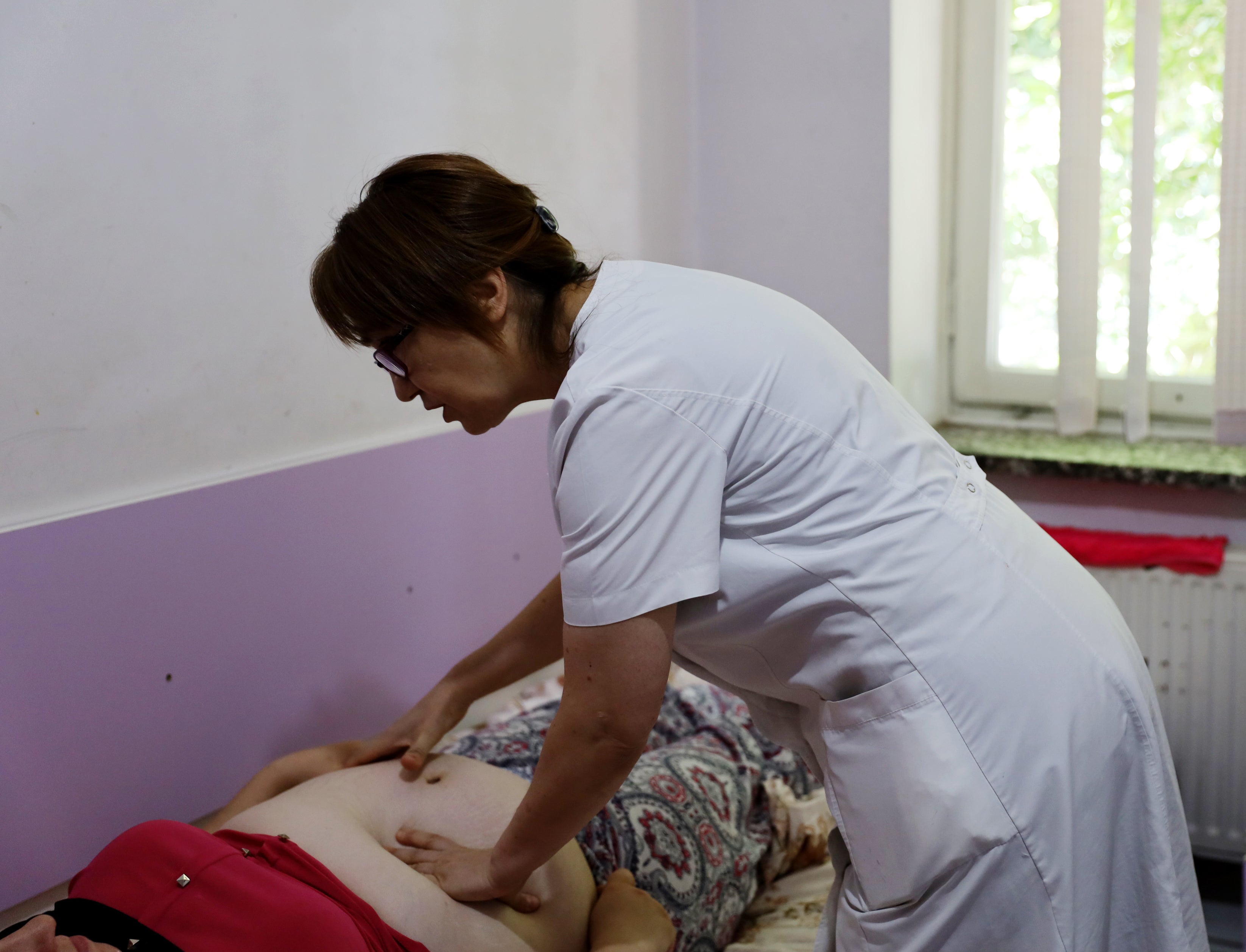
Mrs. Gevorgyan states that during these years, she has come across many cases when a woman or a couple decided to terminate the pregnancy because a girl should be born.
"Unfortunately, we face such cases a lot, and the role of the doctor is also important in preventing these cases. I always talk to the couple, give examples of famous women, starting from the former German Chancellor Angela Merkel. I always claim that the future of their kids, girls depends on what environment they will grow up, what values will be embedded in their mindset (e.g. girls can be future governors, as well as can be in high leadership positions). Honestly to say, many couples are not expecting to listen to such arguments and in my practice, very often such conversations helped the couple to back down from that decision," says Mrs. Liana, who is one of the participants of the "Preventing Gender Based Sex Selection through the health workers’ attitude change and advancement of the consultation skills” training course.
Liana's mother, Lilia Pogosyan, is also a doctor, she won the international FIGO Women’s award recognising female obstetricians and gynecologists. It is already the third generation in this family that chose to be a doctor, Liana's daughter, is also a future obstetrician, studying at the Yerevan State Medical University of Armenia.
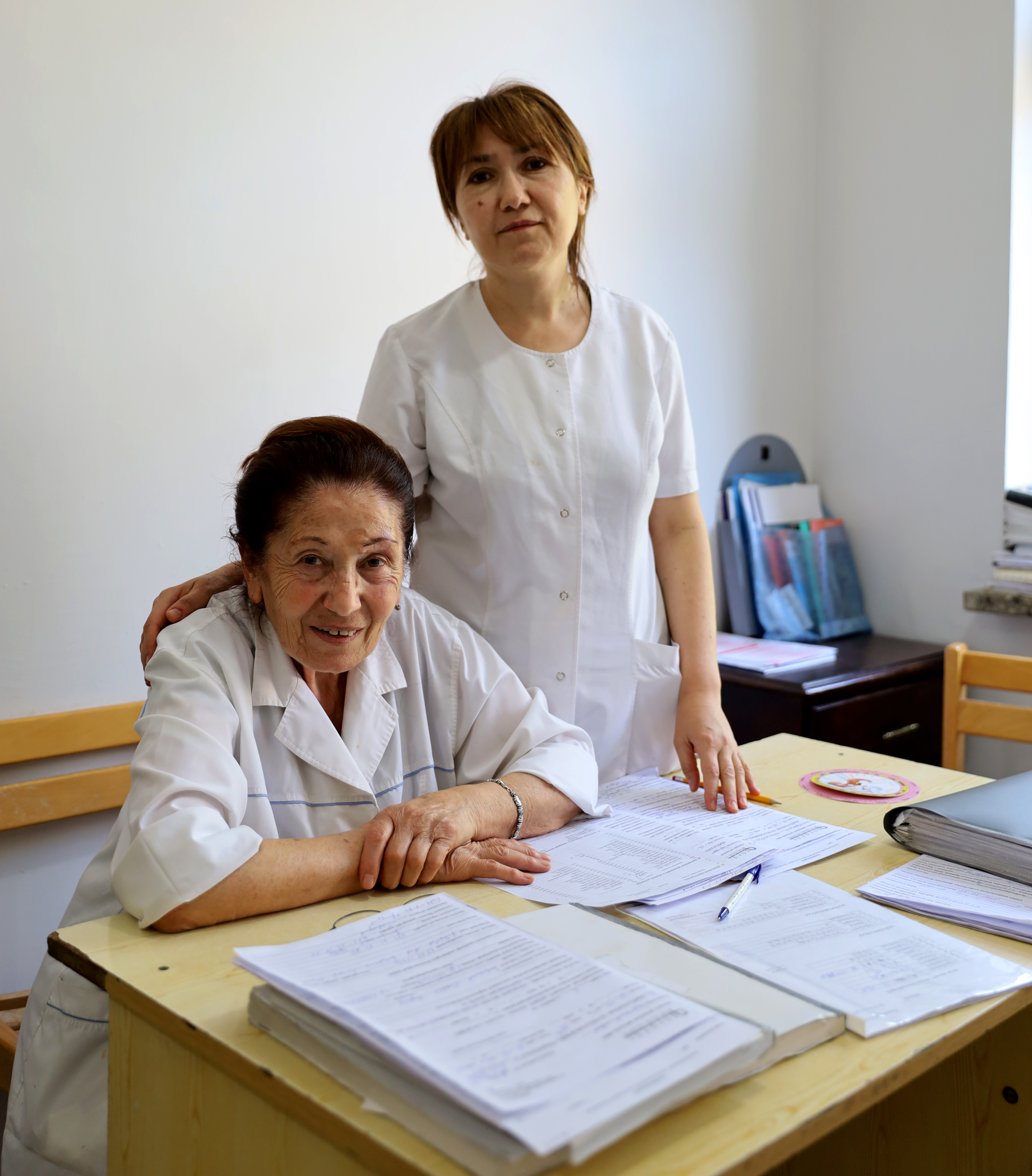
"I am consulting with my mother in daily basis on various professional issues, also when gender based sex selection issues are rising. My mother's advice is to have a talk also with the husbands and these conversations often help. There are cases when, several years later I met these women on the streets of Gyumri, already with a grown up girl, and they say, "Look, she is the girl you saved..." says Mrs. Gevorgyan .
“Preventing Gender Biased Sex Selection through the health workers’ attitude change and advancement of the consultation skills” training course has been conducted in 4 regions of Armenia: Aragatsotn, Gegharkunik, Shirak and Ararat. Around 70 obstetricians and gynecologists, family doctors and radiologists acquired new knowledge and skills through a 3-day interactive course based on an educational manual previously developed and tested by an expert group of the National Institutes of Health of RA. The training course was conducted by OxYGen Foundation and the National Institutes of Health within the framework of UNFPA Project “Addressing Gender Biased Sex Selection and related harmful practices in South Caucasus: support for regional, national and South-South interventions”. The project is funded by the European Union and UNFPA.
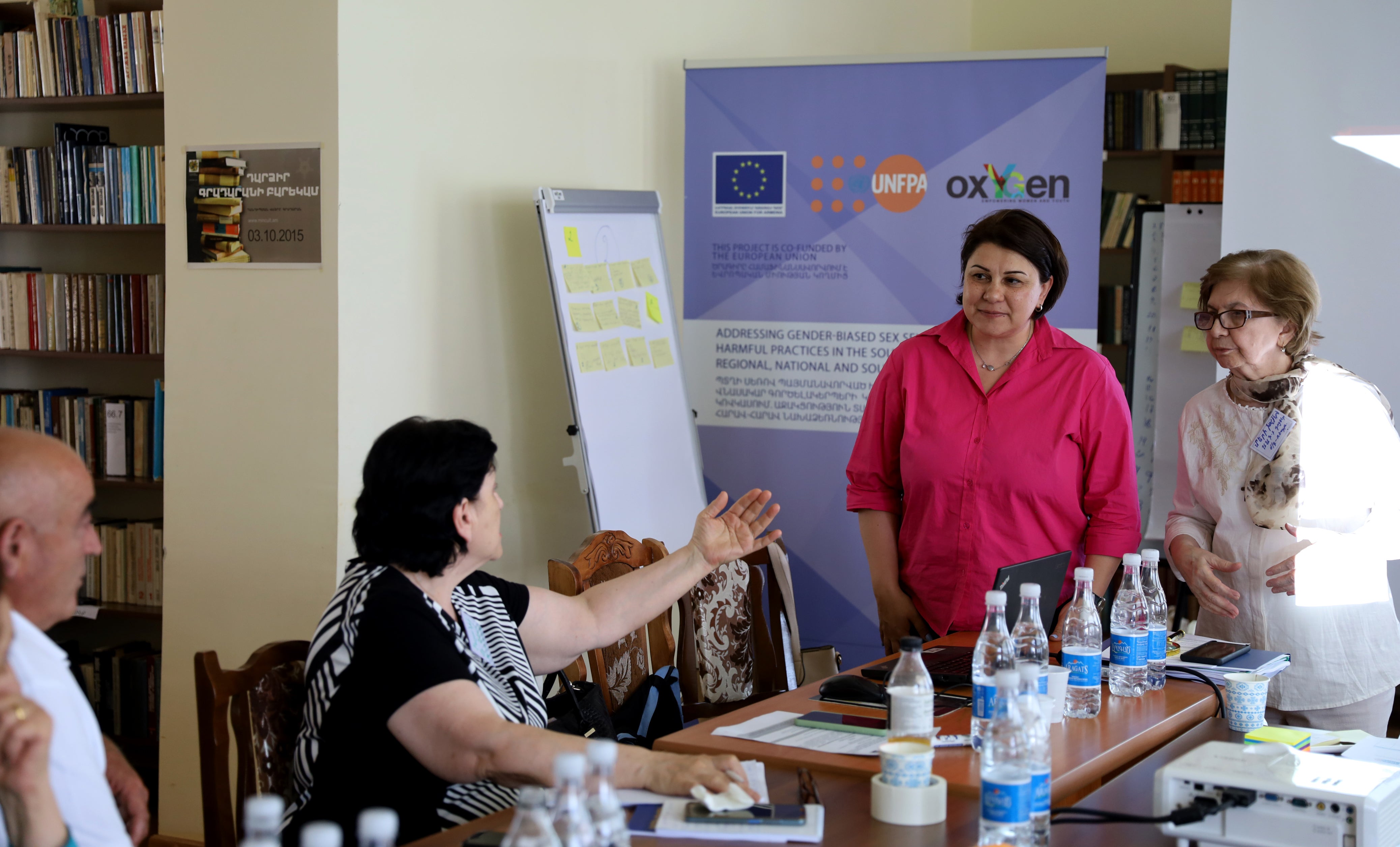
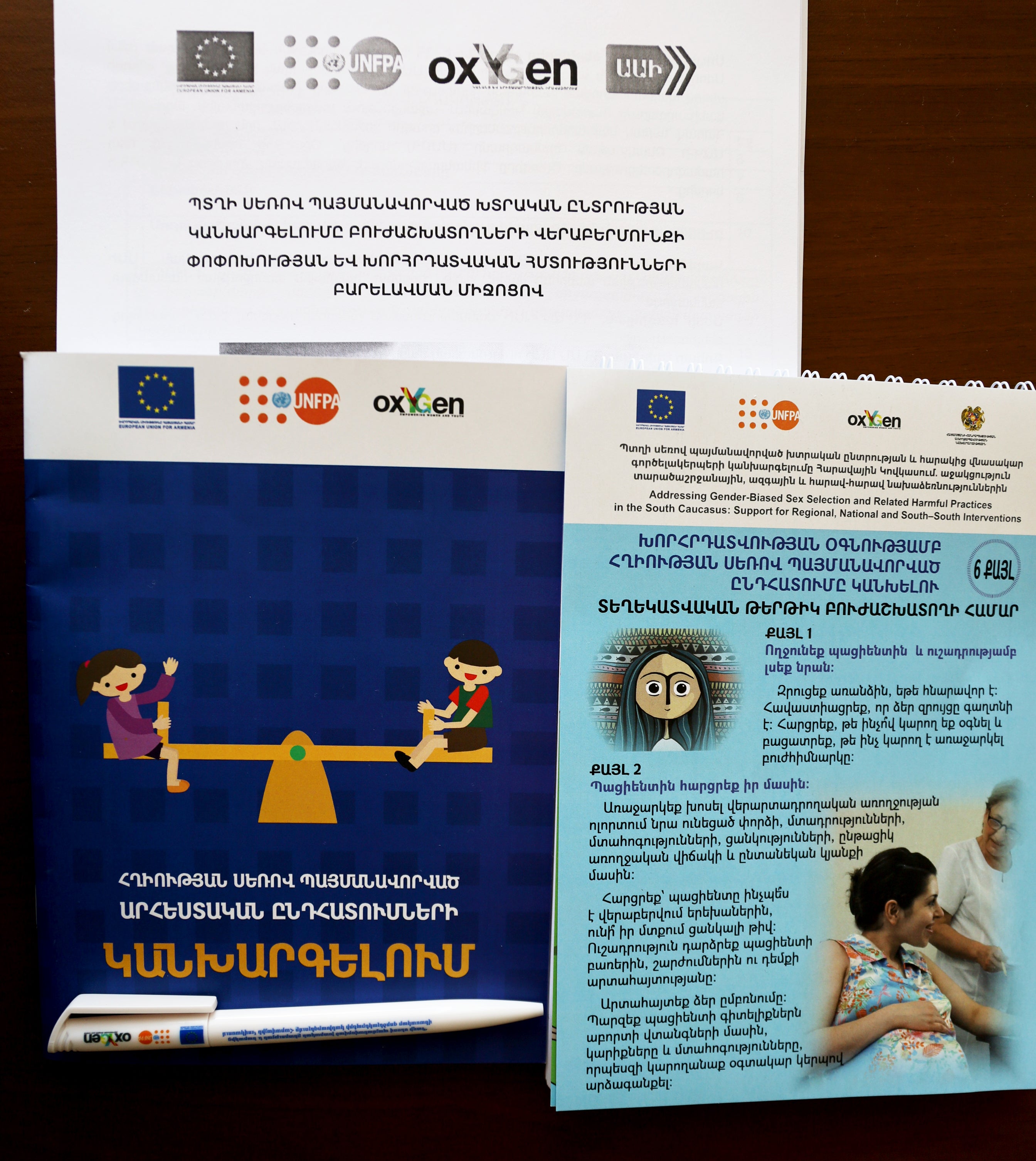
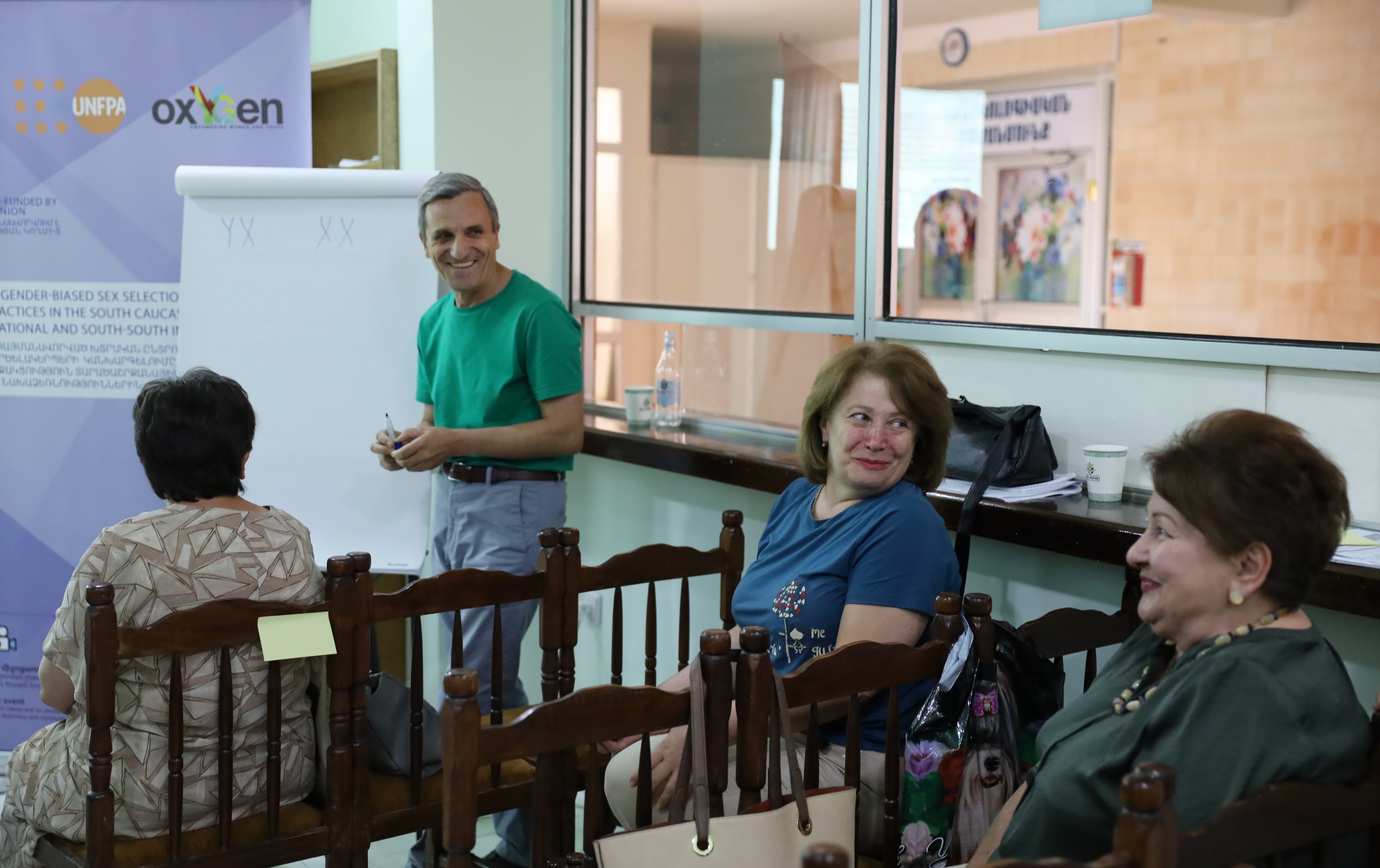
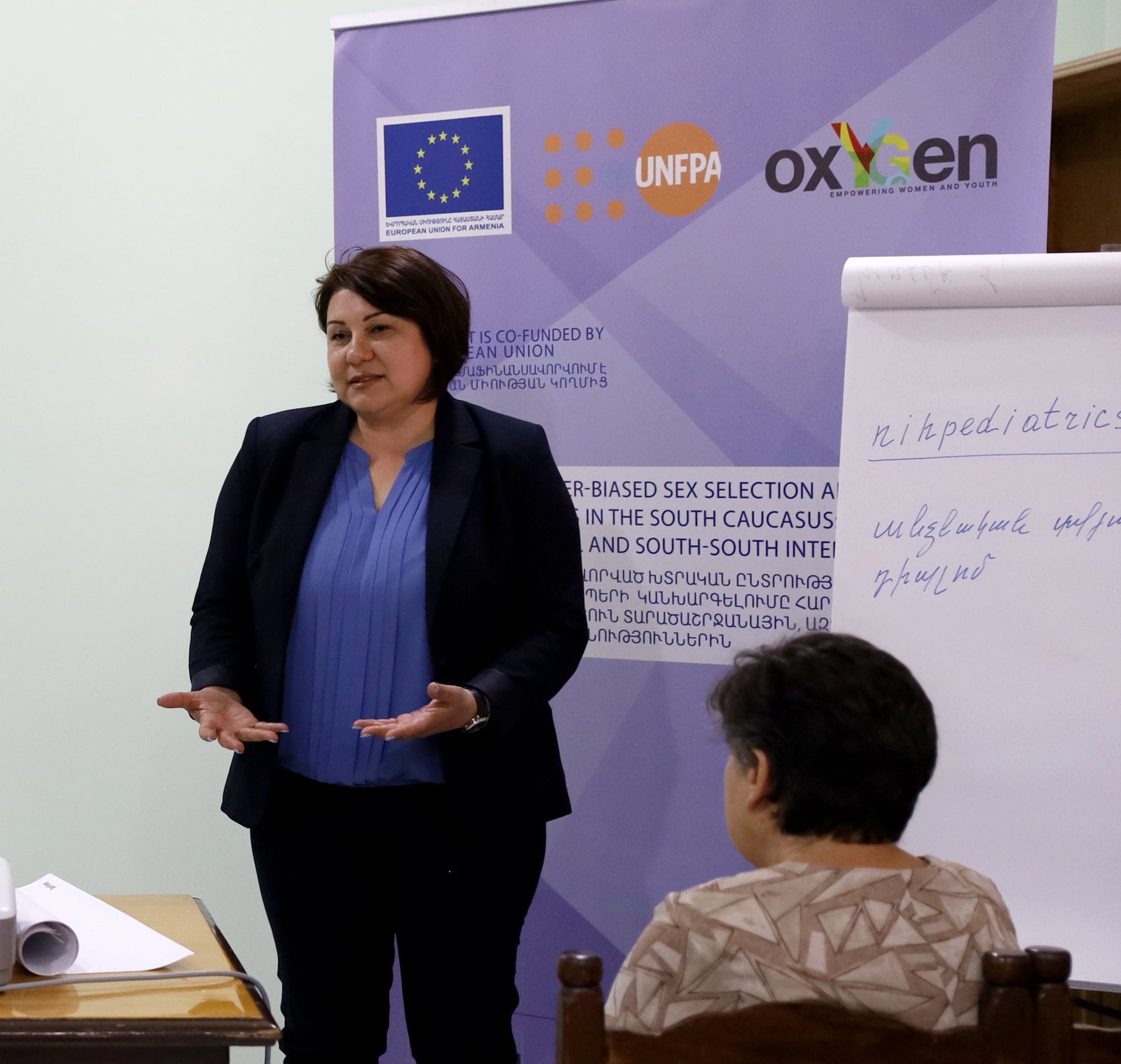
Zaruhi Tonoyan, UNFPA project manager: "The purpose of the course is to present the problem of gender bised sex selection, tendencies, what are the prerequisites for this problem and the role of doctors in preventing such cases. It is very important to be clear in our messaging. We are not talking against abortion in general, because the decision on doing an abortion is a woman's right and we need to be very causous over here. It is about gender biased sex selection, where the principle of justice is violated, because of a biased approach, when the child is not born because she is a girl.”
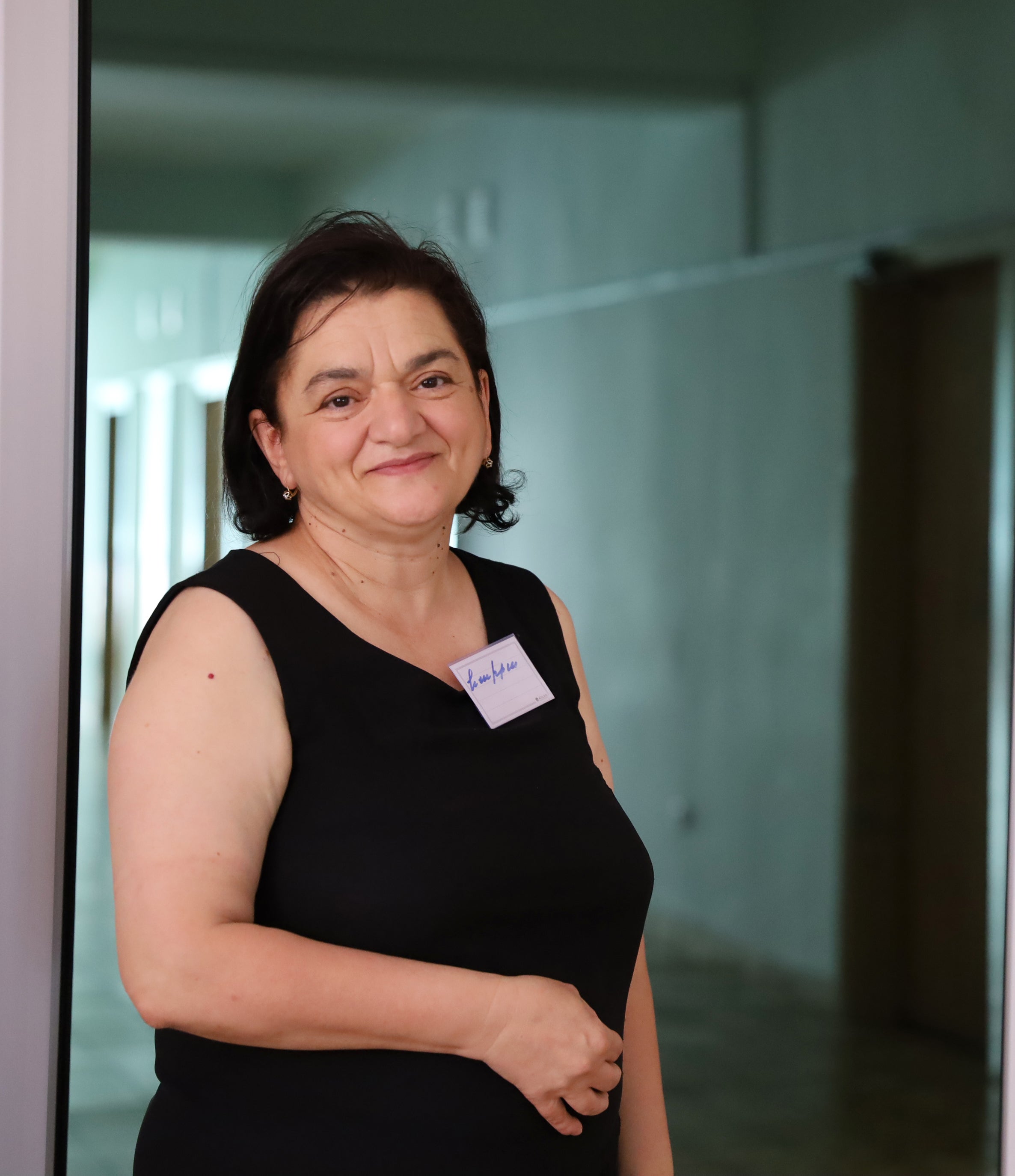
Naira Darbinyan, doctor of maternity hospital in Artik. " Based on my observations, I can state that there is a particular decrease of sex-selective abortions due to the new law prohibiting sex-selective abortions, and also by the fact that the mind-set has changed during the years, especially among young people. In fact, if there is no pressure from the elder generation side, the young people rarely take such decisions. There are cases, when a couple is coming with the decision to make an abortion, because the blood test showed that the girl will be born, but I always tell them, that the results can never be accurate for 100%. Every test has at least a small possibility of error. In my practice, I have faced various cases, when based on the early early test showed that the girl should be born, but the later test results proved that he is a boy."
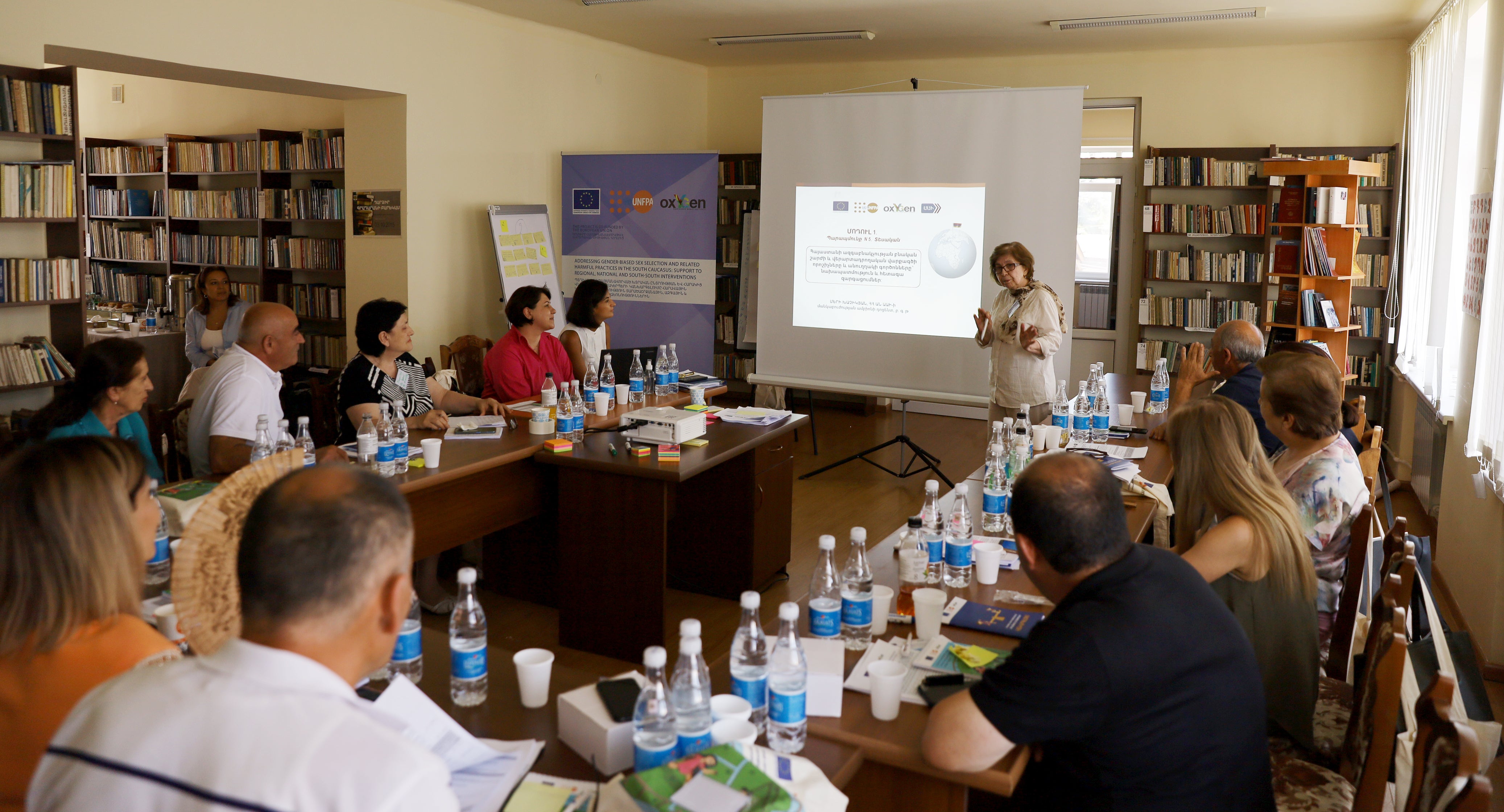
Artur Ghazaryan, family doctor, head of Tsovak outpatient clinic. "It is a very urgent problem; the whole system faces that. For a small country like Armenia with a high rate of migration, also the war we faced, gender based sex selection is a real threat. The seminar helps us to understand core causes of the problem and also how to work with the population. We are also sharing our expertise and giving some recommendations. My suggestion is to have special days in each outpatient clinic, where the invited expert will run some discussions on these topics for future mothers, young couples and family members."
Lilit Hakobyan, obstetrician-gynecologist. "We don't want to register the pregnancy; we will do that after once the sex of the child will be detected." Unfortunately, we as doctors, often hear such words and the topic of this training course is, yes, very relevant to nowadays reality. I can share just two cases that I came across quiterecently, when the couple decided to do an abortion because of the sex of the child. However, due to the consultation, I managed to prevent a sex-selective abortion via talking about the law and the role of a girl. While comparing with the previous years, there is a positive change in the mind-set of people. I think if we also engage men in this process and talk to them it will be more effective, because couples rarely come to us for consultations. In practice, women mostly come with their mothers-in-laws or sister-in-laws to talk about abortion. Meanwhile, there are instances when the initiative to make an abortion comes from husbands. During the training session I suggested that we need such courses to be conducted also in high schools, because during that age the values and mindset of adolescents are formed.
